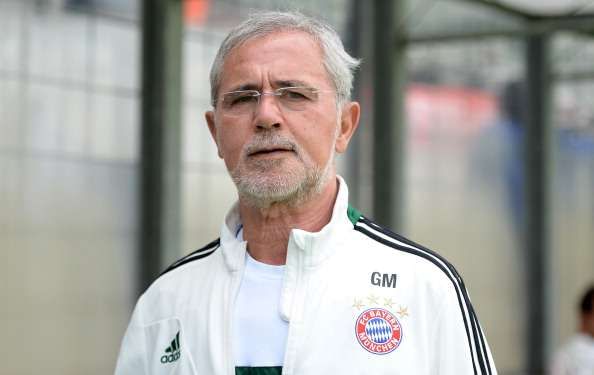
The death of the one club man

The one club man is an elusive figure. He’s one that doesn’t come around very often. He stands by one club despite temptation, despite ups, downs, and cold hard cash thrown at him. He serves manager after manager, and what’s more, stays loyal to us, the fans.
However, the one club man is becoming like the Dodo. He’s sinking quicker than Arsenal’s title hopes. He’s floundering and what’s more almost resigned to defeat, like Aston Villa.
There are very few who can claim to be one club men. Not even Steven Gerrard or Iker Casillas can – and they were the heart and soul of their clubs. The same applies to John Terry who, after 18 years, is expected to leave Chelsea at the end of the season. The captain, leader, legend will be gone. The man they never thought would go. Forced out.
If that doesn’t signal the death of the one club man, what else does?
But why is this happening? What’s changed? Terry is arguably still Chelsea’s finest centre-half, yet under Mourinho he was consigned to the bench at various points early in the season and now the Blues are reluctant to hand him a new contract.
It appears football has become fickler than ever before. Many say the lure of higher wages, success, and trophies is much larger than loyalty and an affinity to the fans. Which in part is true, but for those players who have seen out much of their career at a club, it’s a different story.
Without a doubt, John Terry should be a one-club man. He should be remembered as that. As should Gerrard and Casillas. Yet technically they won’t be, and sadly it’s not through their desire to move elsewhere.
There are probably a number of reasons for this, and it’s the culmination of those which means one club men will be fewer and farther between.
The changing dynamics of the game
Look at football now and players perhaps starting or midway through their career. Few have broken through at one club and remained in the side. Danny Welbeck at United was sold on, Wayne Rooney the same at Everton a little earlier in his career.
The amount of money involved in Premier League football doesn’t allow it. Rooney was snapped up by a big club, as was Theo Walcott, and as likely will Ross Barkley. It’s difficult to think of a player currently in his prime who could potentially only play for one club. There’s even argument to suggest Lionel Messi will eventually fall out of favour.
That’s because players can last much longer nowadays. Conditioning and teams of health experts means players can, and want to, play into their early 40s. But for major clubs like Chelsea, Liverpool, Real Madrid, and Roma that’s simply not feasible. Chairmen demand silverware and managers simply can’t risk having an aging player with tired legs in the spine of the team – their own jobs are at stake!
Gerrard was left out of a number of high-profile games under Brendan Rodgers including a Premier League tie with Manchester United and the Champions League fixture against Real Madrid. Casillas became number two at Madrid, and their desperate pursuit of David de Gea can’t have boosted the Spanish legend’s confidence any.
It leaves players no choice. Gerrard, Terry, and Totti want to play every game. Totti, despite being aged 39, criticised the Roma coach last month for leaving him out telling TG1, “I can’t stay at Roma like this.
“It hurts to be on the bench. I understand at my age that I play less, but ending my career like this is bad for me as a man and what I’ve given to Roma. I demand more respect for all I’ve done here.”
He’s since claimed he’d love to play in the MLS for a Miami team. And the USA is seemingly the place for all these aging legends. Terry has been linked to a switch there, following the likes of Gerrard, Lampard, and Andrea Pirlo. But while it may see the death of the one club man, it’s also nothing new for players.

We may only associate the likes of Gerd Muller, George Best, and even the great Franz Beckenbauer with one club, yet they all spent their ‘retirement years’ playing in the United States. And more importantly, it didn’t affect their legacy.
Both Best and Muller are still regarded as two of Europe’s greatest ever, despite taking a handsome pay packet to go and play across the pond, and with it a sign to come for other players, it should perhaps be taken into account.
While Gerrard, Terry, and Totti probably won’t finish their careers as one club men, it was perhaps impossible that they would be. Football is too competitive, there’s too much reliance on money and glory to even risk playing a man 35+ in the spine of a team, and when those players want to finish their career playing regularly, it makes sense for them to move on.
At the end of the day, it gives Chelsea fans to share the joy of having Terry in their back four. It allows Roma fans to offer the passion of Totti to others. Gerrard can hand out his orders in LA, without the worry of offending Reds fans in rival colours. These are still one club men, just not in the popular sense of the term. That just simply isn’t feasible anymore.